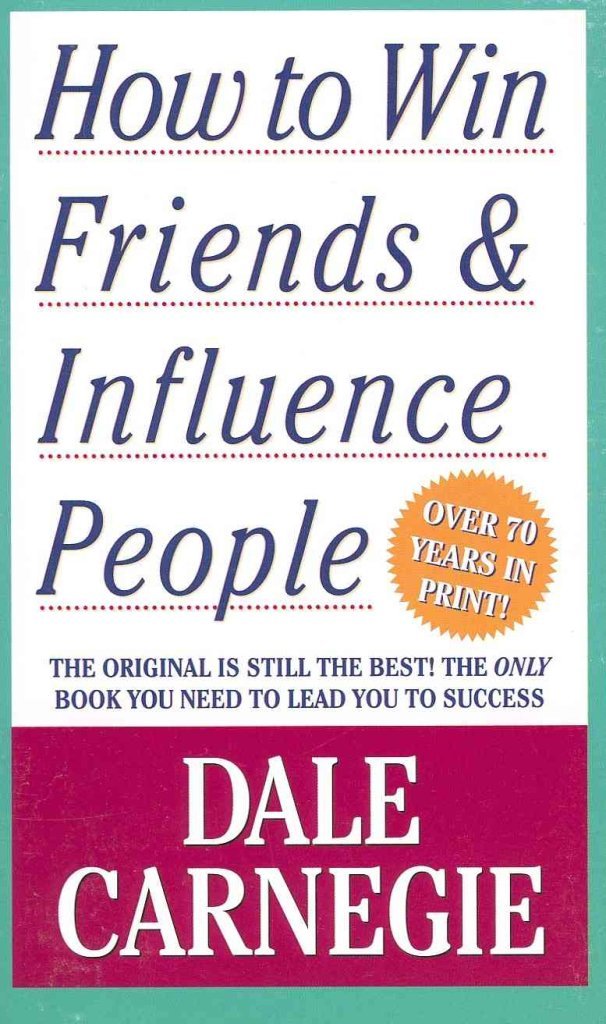Dale Carnegie’s timeless classic, How to Win Friends and Influence People, first published in 1936, offers practical advice on interpersonal skills and relationship-building. Its core principles remain relevant today, providing valuable insights for personal and professional interactions.
1. The Importance of a Positive Attitude
Carnegie emphasizes the power of a positive demeanor. A genuine smile, friendly tone, and a positive attitude can create a welcoming atmosphere and foster goodwill. People are more likely to respond favorably to someone who exudes positivity.
2. Show Genuine Interest in Others
One of the most effective ways to win friends is to take a sincere interest in others. Carnegie advises listening actively and asking questions about others’ interests. This not only builds rapport but also shows that you value their perspective, making them feel important.
3. Remember Names
Carnegie highlights the significance of remembering and using people’s names. A name is, in a sense, the sweetest sound to a person. Using someone’s name in conversation can create a personal connection and demonstrates your consideration.
4. Be a Good Listener
Listening is a key aspect of effective communication. Carnegie stresses the importance of being attentive and allowing others to express their thoughts and feelings without interruption. This fosters trust and encourages open dialogue.
5. Avoid Criticism and Condemnation
Criticism can lead to defensiveness and resentment. Carnegie suggests that instead of criticizing others, focus on understanding their perspective. Offering constructive feedback in a respectful manner encourages cooperation and improvement.
6. Give Honest Appreciation
People crave recognition and appreciation. Carnegie advises expressing genuine gratitude for others’ contributions and efforts. Acknowledging their achievements fosters goodwill and strengthens relationships.
7. Talk in Terms of Others’ Interests
When engaging with others, tailor your conversation to align with their interests. This approach makes the interaction more engaging and relevant, making it easier to connect and influence positively.
8. Influence by Understanding Others’ Perspectives
To effectively persuade others, it’s essential to understand their viewpoints. Carnegie advocates putting yourself in others’ shoes and acknowledging their feelings. This empathetic approach creates a foundation for constructive dialogue.
9. Encourage Others to Talk About Themselves
People love to talk about their own experiences and interests. Carnegie suggests encouraging others to share their stories, which not only makes them feel valued but also helps you learn more about them.
10. Inspire a Sense of Importance
Making others feel important is crucial in building relationships. Carnegie recommends complimenting people sincerely and making them feel valued in your interactions. This fosters mutual respect and strengthens connections.
Conclusion
How to Win Friends and Influence People offers timeless wisdom on enhancing interpersonal relationships and communication skills. By practicing these principles, individuals can cultivate meaningful connections, foster collaboration, and achieve personal and professional success. Carnegie’s lessons remind us that effective communication and genuine relationships are foundational to influence and success in any area of life.

How To Win Friends & Influence People
One Of The First Best-Selling Self-Help Books Ever Published, How To Win Friends & Influence People Is A Result Of Dale Carnegie’S Groundbreaking Research Into The Art And Science Of Being Charismatic. This Edition Contains The Tamil Translation Of The Best-Selling Original.



Comments are closed.